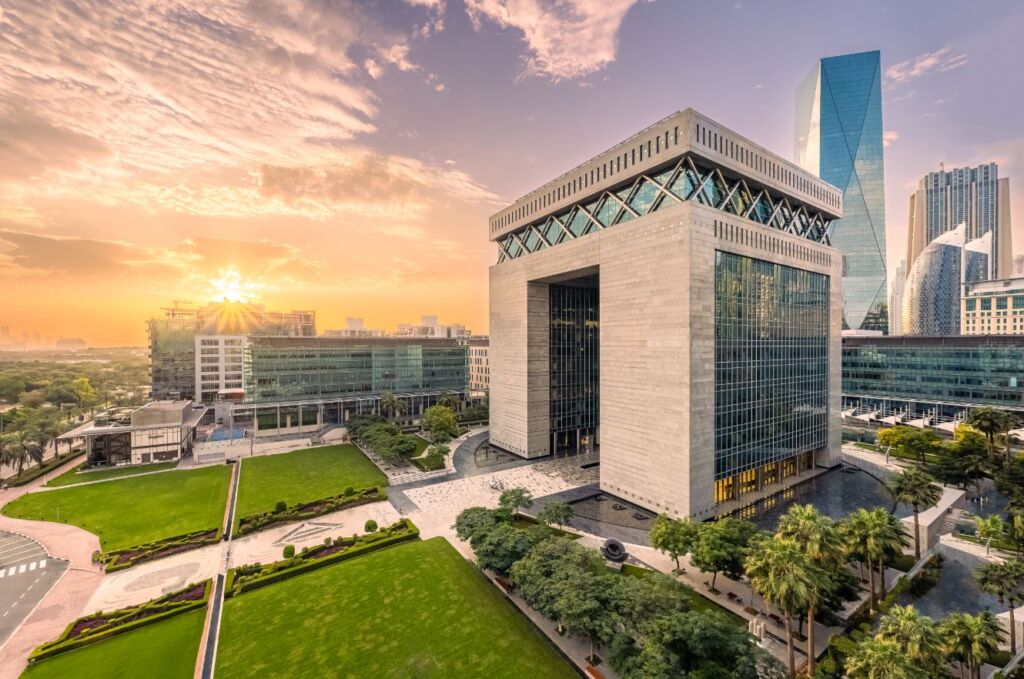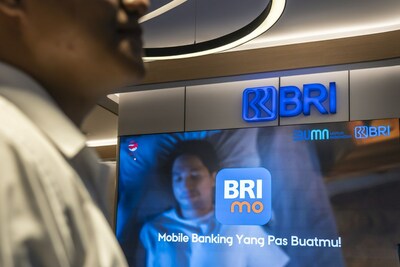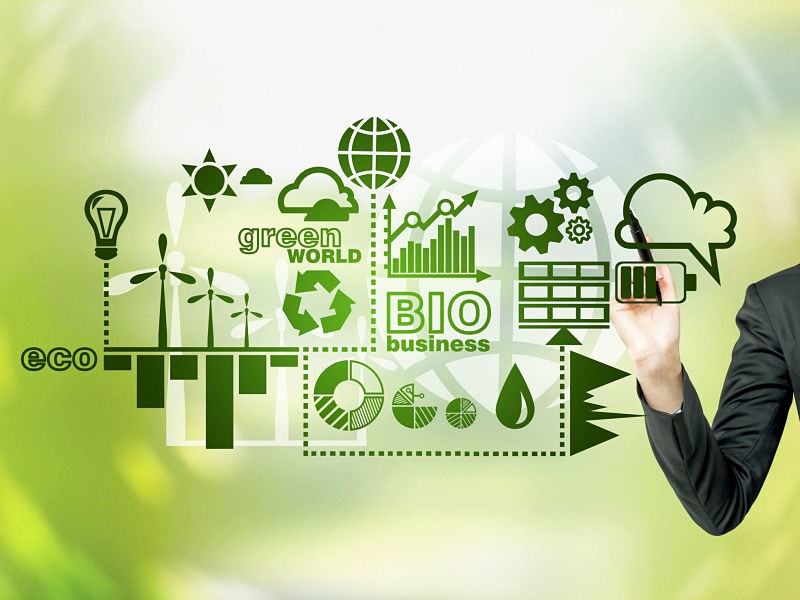
Date: 4th October 2023
Media: The National News
What happened?
The Dubai International Financial Centre is playing the role of a catalyst to boost sustainable finance globally, becoming a green funding center as the market for sustainable financing, emitting ESG Bonds (environment, social and governance bonds) and influencing neighboring regions to adopt sustainable finance practices. Green bonds are on the rise in Gulf Cooperation Council (GCC) countries, with companies in Dubai and Abu Dhabi issuing them for eco-friendly projects.
Whom and where it affects?
The DIFC role in sustainable finance affects primarily the Middle East region, particularly Dubai. Although, we could see a global effect in the sustainable finance market as investors grow an interest in looking for these types of projects.
What sort of public or private institutions are involved?
Among the public institutions, we have: DIFC (Dubai International Financial Centre), Nasdaq Dubai, Masdar (Abu Dhabi Future Energy Company), Abu Dhabi National Oil Company (ADNOC) or Taqa, Aldar Investment Properties, Commercial Bank of Dubai (CBD) and GCC (Gulf Cooperation Council) governments.
Among the private institutions, we have: Abu Dhabi Commercial Bank, Majid Al Futtaim Holding, Aldar Investment Property and Aldar Investment Properties
Why is it important for Banking and Finance?
This situation is important for Banking and Finance because the global sustainable finance market, which was valued at $3.65 trillion in 2021, is projected to hit $22.48 trillion by 2031. This means that there will be about $19 trillion worth of projects that will need financing.
What do you think will be the consequences in the foreseeable future?
These developments are expected to contribute to a more sustainable and environmentally responsible financial landscape in the region and beyond. The consequences in the foreseeable future could be as follows:
1. Continued Growth in Sustainable Finance: The DIFC’s efforts to promote green and islamic bonds or sukuk, as well as its status as the largest ESG islamic bonds market, will likely lead to sustained growth in sustainable finance.
2. Increased Investment in Green Projects: With the rise of green and sustainable bonds and sukuk, there will likely be increased investment in environmentally friendly projects. This will contribute to the development and expansion of renewable energy, clean technology, and sustainable infrastructure.
3. Regional Influence: Dubai’s leadership in sustainable finance is likely to influence neighbouring countries in the Middle East to adopt similar practices.
4. Accelerated Transition to Renewable Energy: Sustainable financing will play a critical role in financing the adoption of renewable energy and related projects. State initiatives such as Dubai’s Clean Energy Strategy 2050 and the UAE’s Net Zero 2050 will likely accelerate the transition to renewable energy sources.
SDG: 7 Affordable and Clean Energy
Keywords: Sustainable Finance, Dubai International Financial Centre, ESG, GCC.









